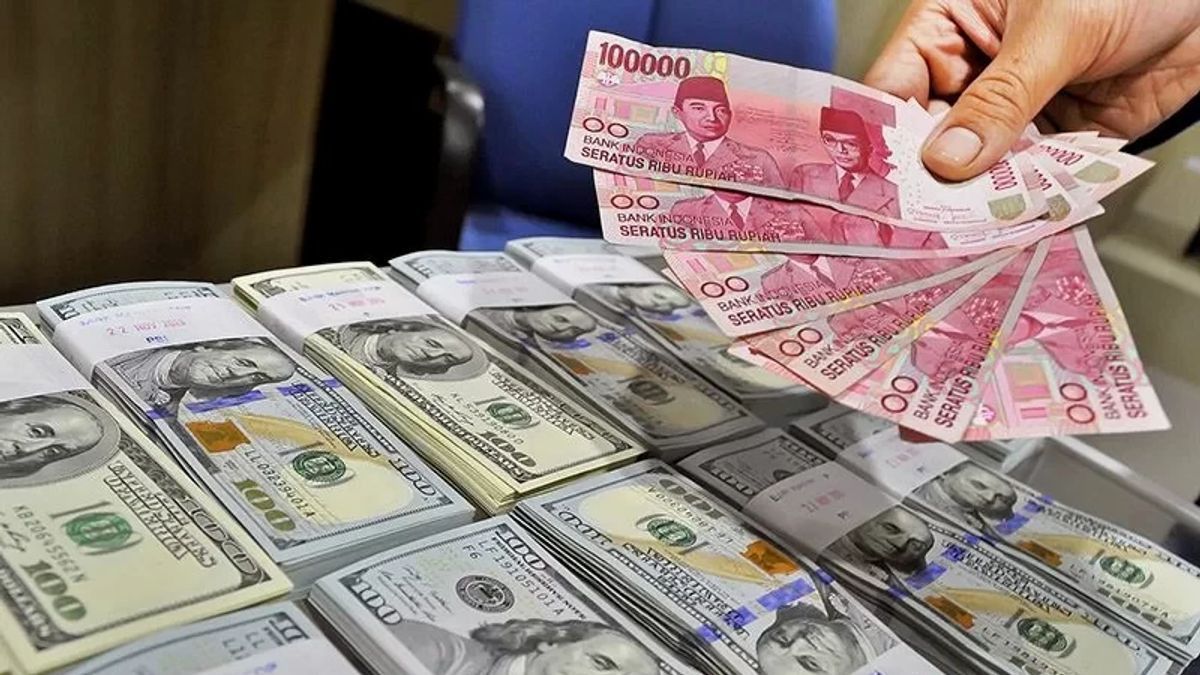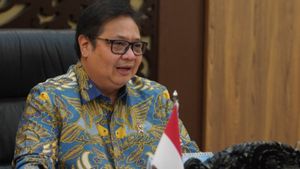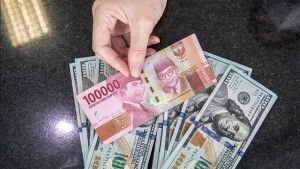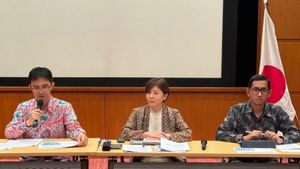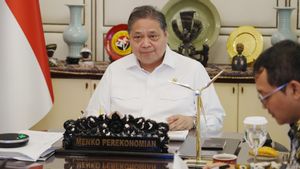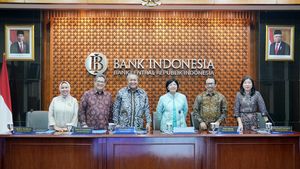JAKARTA - The Indonesian economy recorded a positive achievement in the third quarter of 2024 with a payment transaction surplus of 5.9 billion US dollars, after experiencing a deficit in the previous two quarters.
Meanwhile, this surplus was driven by an increase in financial and capital transactions that jumped to 122.1 percent compared to the previous quarter to 6.6 billion US dollars.
Senior Economist Masyita Crystallin said this recovery was a good signal for economic stability, especially after two consecutive quarters of recording the deficit.
In addition, Masyita said foreign exchange reserves also returned to the green zone, reaching USD 5.9 billion, indicating strengthening amid global pressure.
"This increase in foreign exchange reserves provides more space for monetary stability, but we need to be aware of international market volatility," he said in his statement, quoted on Sunday, November 24.
Meanwhile, the current account deficit narrowed by 32 percent to USD 2.1 billion, mainly due to increased service exports and revenue ratios from primary and secondary transactions.
As for the third quarter, imports of capital goods and raw materials increased by 10.9 percent and 13.7 percent, while consumer goods fell 4.5 percent. However, this trend contradicts PMI (Purchasing Managers Index) which decreased from 50.7 in June to 49.2 in September, reflecting pressure on the industrial sector.
SEE ALSO:
"The increase in imports of raw materials and capital goods does reflect the growing needs of the industry, but the decline in PMI shows structural pressure that needs to be addressed immediately," he said.
Masyita said this decline was also accompanied by a number of layoffs and the cessation of operations of several companies during that period.
In addition, the retail sales index also fell by 2.9 points in September compared to June. This decrease in consumption needs to be taken seriously because it can reduce people's purchasing power and increase the economic vulnerability of the middle class," said Masyita.
Masyita emphasized the importance of government policies to maintain public consumption in order to ensure stability in job growth.
Masyita said that Indonesia's exports remain dominated by China, the United States, Japan, India, and the European Union, with superior commodities in the form of coal, palm oil, and manufacturing products.
Meanwhile, exports to several countries showed a significant increase, such as Vietnam (30 percent), Japan (18.7 percent), and the US (17 percent). However, exports to South Korea only grew 12.7 percent, lower than the previous quarter.
"Our export to the main market is still the backbone of the economy, but the slowdown in exports to China and South Korea should be a concern," said Masyita.
Masyita explained that the slowdown in nickel exports was one of the factors in reducing exports to China, which only grew 0.2 percent after a few quarters earlier recorded a decline.
In terms of investment, direct investment is dominated by the US, Singapore, European Union, Japan, and South Korea, with the manufacturing sector as the largest recipient. Investment in this sector grew by IDR 47.5 trillion, an increase of 4.7 percent compared to the previous quarter.
"This increase in investment is a big opportunity, but we must ensure optimal management so that the impact can really be felt in the field," said Masyita.
The English, Chinese, Japanese, Arabic, and French versions are automatically generated by the AI. So there may still be inaccuracies in translating, please always see Indonesian as our main language. (system supported by DigitalSiber.id)
